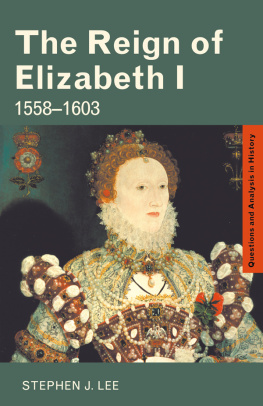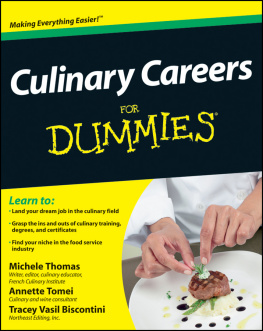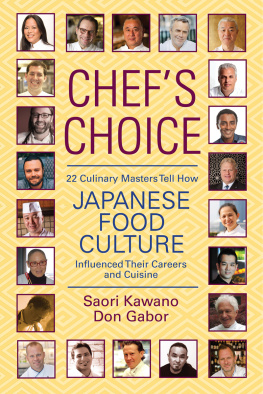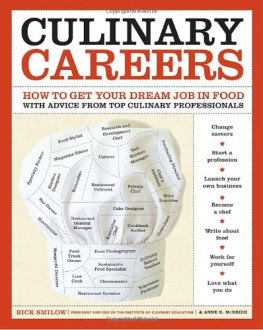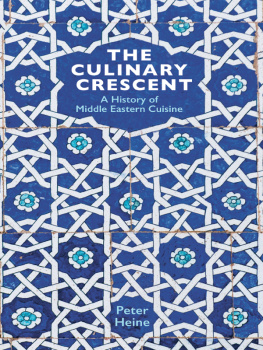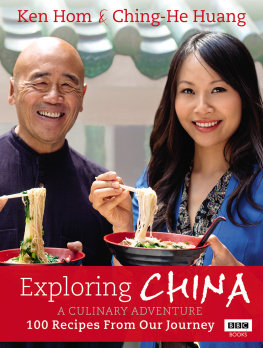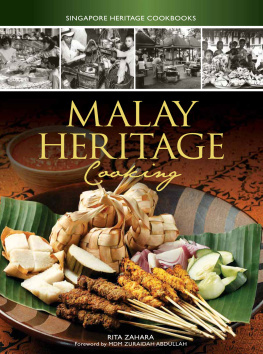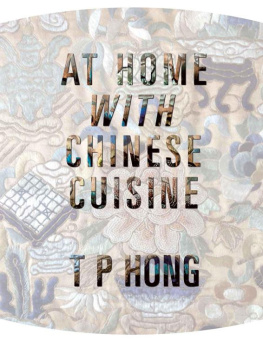SAM
LEONG
2013 Marshall Cavendish International (Asia) Private Limited
Published by Marshall Cavendish Editions
An imprint of Marshall Cavendish International
1 New Industrial Road, Singapore 536196
All rights reserved
No part of this publication may be reproduced, stored in a retrieval system or transmitted, in any form or by any means, electronic, mechanical, photocopying, recording or otherwise, without the prior permission of the copyright owner. Request for permission should be addressed to the Publisher, Marshall Cavendish International (Asia) Private Limited,
1 New Industrial Road, Singapore 536196.
Tel: (65) 6213 9300, fax: (65) 6285 4871.
E-mail: .
Website: www.marshallcavendish.com/genref
The publisher makes no representation or warranties with respect to the contents of this book, and specifically disclaims any implied warranties or merchantability or fitness for any particular purpose, and shall in no event be liable for any loss of profit or any other commercial damage, including but not limited to special, incidental, consequential, or other damages.
Other Marshall Cavendish Offices:
Marshall Cavendish Corporation. 99 White Plains Road, Tarrytown NY 10591-9001, USA Marshall Cavendish International (Thailand) Co Ltd. 253 Asoke, 12th Flr, Sukhumvit 21 Road, Klongtoey Nua, Wattana, Bangkok 10110, Thailand Marshall Cavendish (Malaysia) Sdn Bhd, Times Subang, Lot 46, Subang Hi-Tech Industrial Park, Batu Tiga, 40000 Shah Alam, Selangor Darul Ehsan, Malaysia
Marshall Cavendish is a trademark of Times Publishing Limited
National Library Board, Singapore Cataloguing-in-Publication Data
Lee, Stephen, 1961
Sam Leong : defining a culinary icon / Stephen Lee. Singapore : Marshall Cavendish
Editions, 2013.
pages cm
eISBN : 978 981 4484 65 7
1. Leong, Sam, 1966 2. Cooks Singapore Biography.
3. Celebrity chefs Singapore Biography I. Title.
TX649.A25
641.5092 dc23 OCN840752687
Printed in Singapore by Markono Print Media Pte Ltd


I enjoy eating, but food has never been the centre of my life. Nor can I cook. So what am I doing writing a book about one of Singapores most famous chefs?
I believe that sometimes, a non-specialist, outsider or newcomer can bring the most unexpected, unprejudiced and penetrating views of any subject. Thats why I humbly took on the challenge.
The story of Sams life, both personal and professional, is familiar to many readers. In this book, Ive focused more on his inner driveshis motivations, his influences, his psychologyin short, what makes him tick and why he is the way he is. Ive tried to situate Sam in a wider historical and cultural context in terms of cuisine, to throw some light on where, how and why he made a difference or a major contribution.
The writer Adam Gopnik once said, All animals eat. An animal that eats and thinks must think big about what it is eating not to be taken for an animal. The opinions expressed in the book are mine alone.
Through the unfolding of Sam Leongs amazing journey, I hope Ive been at least partially successful in bringing the reader with me on my own path of discovery through the intriguing world of chefs, restaurants and cuisine.
Stephen Lee
Singapore, May 2013


Throughout the first decade of 2000, Sam Leong was perhaps the most well-known chef in Singapore. Mention Sam in connection with food, and everyone from the cook in the restaurant, to the diner at the hawker stall, to the housewife at home knew instantly whom you were referring to.
This book is about how that came to be.
Sam was the first cooking star Singapore had ever produced. The public flocked to Sam not so much to see him cook, but because he was entertaining.
The man is a stunningly innovative chef and much of his work is groundbreaking. But Sams early technical achievementsfirst at Jiang Nan Chun and then with the Tung Lok Groupwere in the realm of haute cuisine, and caused ripples amongst a relatively small segment of the population, namely the gourmets and those in the culinary profession. To the larger public, they would have meant little, or nothing at all.
But all that changed in 2008, when a guest stint on the Asian Food Channel (AFC) series, Chef in Black, led to Sam helming a reality series of his ownKing of Kitchens. At first scandalised by his raw, no-holds-barred honesty, people were soon clamouring for more.
And the TV offers kept coming. From co-host, main judge and mentor duties on two seasons of cooking competition series Star Chef, to co-host on Good Food Fun Cook, Sam became a bonafide food television star.
On television, Sams appeal cut across age and language, and cultural and social barriers. He was popular with the younger generation as well as the housewives. He was influential with both the western- and the Chinese-oriented. He appealed to the street-food enthusiast and the gastronome. As a Chinese chef who flourished in a predominantly western model of food television, Sam changed the game for all Chinese chefs in Singapore.
Sams appearances on television and the press led to a gradual change in the way the culinary profession was perceived. A man who cooked was no longer considered silly or effeminate. Cooking became an art of self-expression and a popular hobby or career option. Television was a platform where home cooks, students and wannabe-chefs shared the limelight with top culinary professionals, and it gradually eased the distinction between high and low cuisine. Sam helped demystify fine cuisine and while doing so, glamourised the kitchen.
And then there is the cuisine. The influence of Sam and other Singaporean avant-garde chefs on modern Chinese dining is profound. Their influence is evident each time we encounter a flavour that is unmasked by sauce or seasoning; an unconventional Chinese ingredient or an unexpected combination of tastes; an untraditional sequence of courses or a dainty meal artistically organised on a plate. And each time you enjoy a meal that combines taste, aroma, atmosphere, surprise, memory and inexplicable satisfaction... you would have experienced a touch of Sams brilliance.
There is an old Cantonese saying that goes, Yad wok jao tin ngailiterally one wok runs to the edge of the sky. It has several meanings but the one I like best is one who uses the wok becomes a master of the cooking world.
Ultimately, Sam is proof that with hard work, passion, imagination, courage, some good mentors and a guardian angel or two, you can write your own story.
This is Sams.
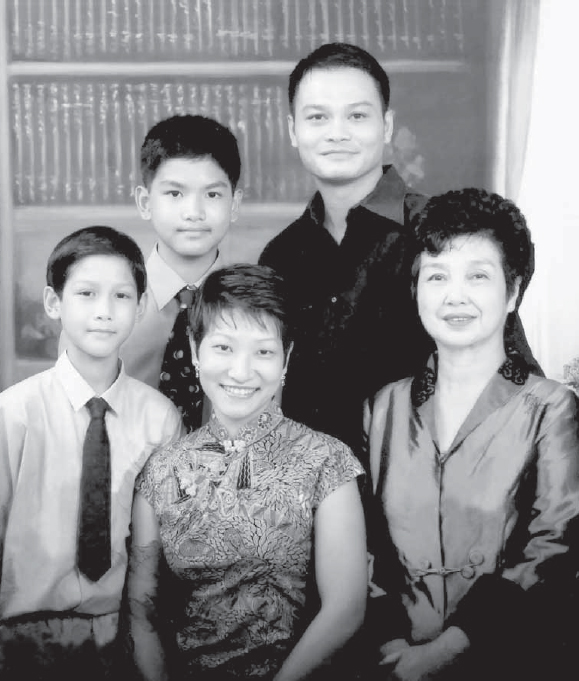
Clockwise from top: Sam, his mother Madam Pit Yoke Eng, his wife Forest Leong, younger son Yew Jhow and elder son Yew Choong.
Next page
